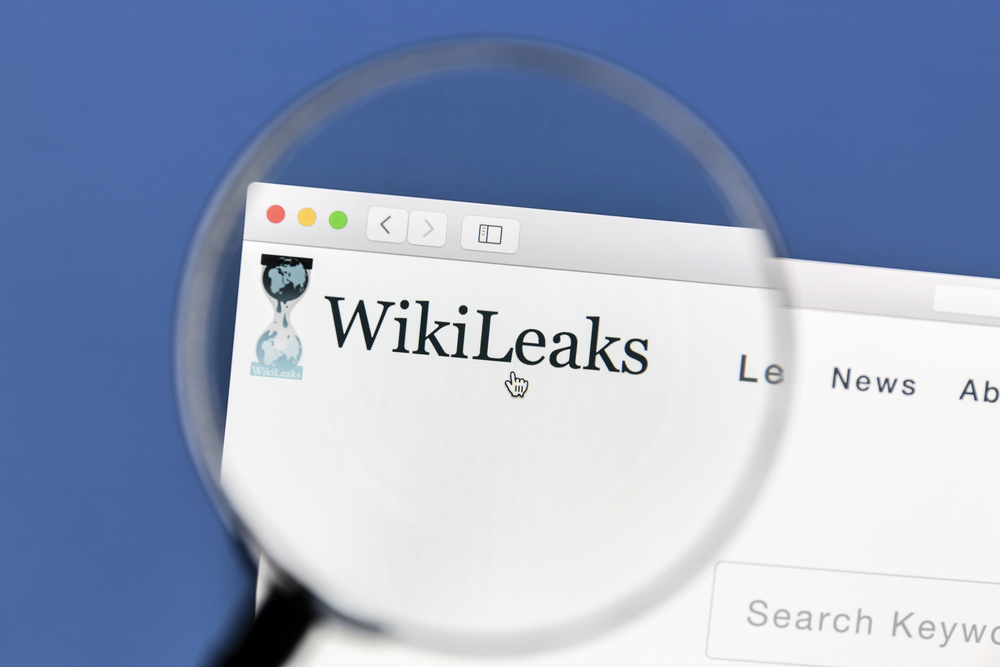Everyone who paid attention to the news last week will have noticed WikiLeaks made a lot of headlines again. The group leaked a list of internal CIA documents which detail how the government agency has been spying on consumers through all kinds of everyday devices. What is rather disconcerting is how these revelations seemingly do not concern many people.
Consumers Still Don’t Take Privacy Invasion Seriously
Even though there has been a lot of discussions revolving consumer privacy and how it is not respected by the government all that often, consumers and enterprises are not doing much about it. In fact, when the Wikileaks platform leaked thousands of internal CIA documents, the world gasped, yet shrugged it off shortly after. This is a very strange development, as these hacking methods involve the use of consumer devices, including mobile phones and TVs.
Albeit there is always some question as to how legitimate the leaked documents are, the evidence gathered from Vault 7 is rather impressive. It goes to show the CIA spares no time or efforts to find out what US citizens are doing at any given time of the day. Moreover, the documents outline a long list of zero-day exploits developed and purchased by the CIA to be used for nefarious purposes. Popular manufacturers, such as Apple, Google and Samsung have all been targeted by these exploits, although it remains unclear how successful the CIA has been in their efforts.
Interestingly enough, the Vault 7 documents go to show the CIA has hit a glass ceiling as to what they can and cannot hack, Encrypted messaging apps have proven to be a roadblock for the intelligence agency, which is a positive development. Mobile devices are mostly safe from harm as well unless a CIA operative gets physical access to the device in question.
Although this evidence is rather condemning, no one seems to care all that much. Privacy advocates are happy these documents have been leaked, even though the information does not bode well for consumers looking to keep information safe from prying eyes. Everyone else has taken notice off the news and seemingly got distracted by whatever headline the media churned out next. It is difficult to grasp people’s attention for longer than five seconds these days, that much is certain.
Speaking of the media, most outlets paid little to no attention to the efforts by WikiLeaks either. Tech sites paid some attention to these revelations, but most of the articles seemed to be rehashes of the same source. People are growing tired of discussions about privacy invasion it seems, even when that affects their own information. It is difficult to make people care about privacy and keeping information safe these days, mostly because the average joe does not want to bear the responsibility for doing so.
At the same time, a lot of people assume the government collects our information around the clock regardless of what countermeasures we may deploy. Since most people already believe that the NSA or the CIA can access tech devices at will and listen it, when the information was leaked it didn’t exactly surprise anybody. It is evident the government can easily spy on everybody’s communication, using encrypted solutions seems to keep information safe from prying eyes for the time being. Then again, most people use the same communication tools their friends use, not all of which offer encryption to begin with. This story deserves a lot more attention from everyday consumers, but it is seemingly impossible to make them care enough about it.
If you liked this article, follow us on Twitter @themerklenews and make sure to subscribe to our newsletter to receive the latest bitcoin, cryptocurrency, and technology news.

